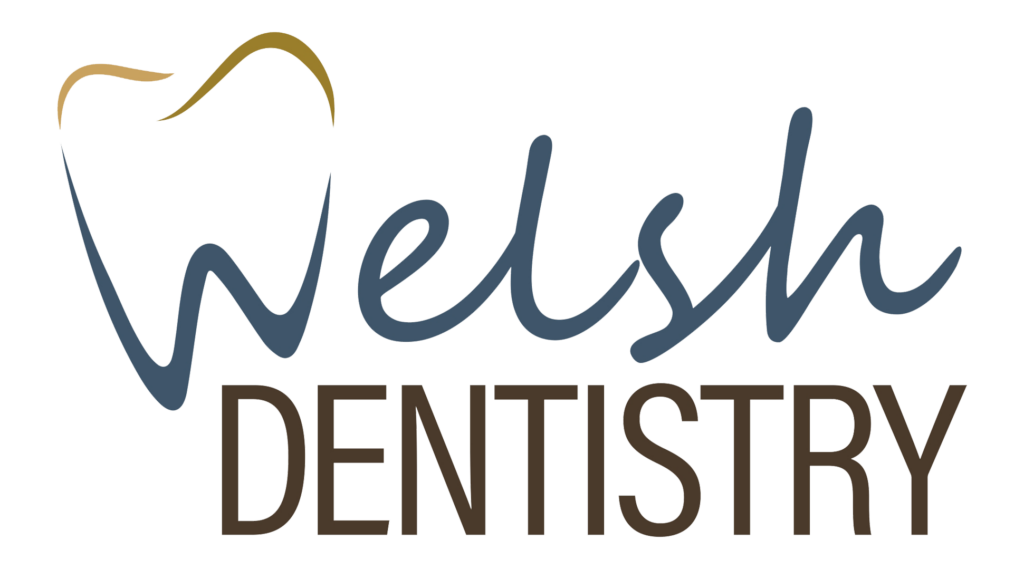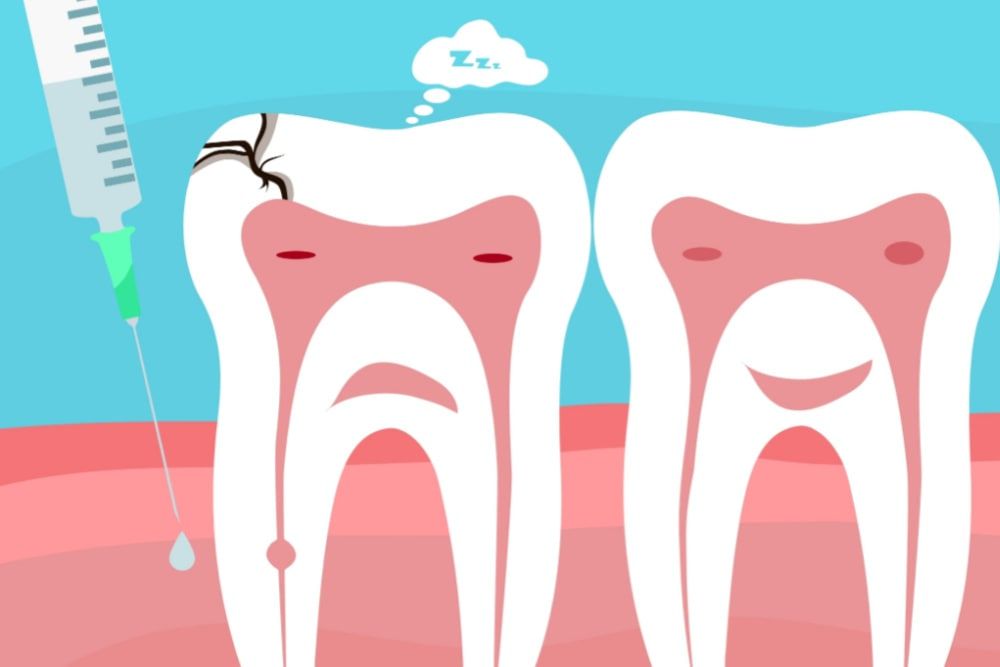Benefits of IV Sedation
- Deep relaxation: IV sedation provides a profound sense of relaxation, making dental procedures more comfortable and tolerable, especially for patients with dental anxiety or phobia.
- Reduced anxiety: IV sedation helps alleviate anxiety and fear associated with dental visits, allowing you to receive the care you need without unnecessary stress.
- Enhanced comfort: IV sedation provides pain relief and reduces discomfort during dental procedures, making them feel shorter and more manageable.
- Increased cooperation: IV sedation promotes better cooperation between you and your dentist, allowing for a smoother and more efficient treatment process.
- Rapid onset and adjustable dosage: IV sedation takes effect quickly, and the dosage can be adjusted as needed to ensure your comfort throughout the procedure.
Did you know?
Many patients feel nervous about visiting the dentist, which is why we offer IV sedation as a safe and effective option to help you relax during your dental appointments.
Frequently Asked Questions
What is IV sedation in dentistry?
IV sedation, or intravenous sedation, is a method of administering sedative medication directly into the bloodstream through a vein in the arm. It induces a state of deep relaxation and drowsiness, allowing patients to undergo dental procedures while remaining conscious but in a highly relaxed state.
How is IV sedation different from other types of sedation used in dentistry?
IV sedation is typically stronger and more effective than other forms of sedation used in dentistry, such as oral sedation or nitrous oxide (laughing gas). It provides a deeper level of sedation and allows the dentist to adjust the dosage as needed to ensure the patient’s comfort throughout the procedure.
Is IV sedation safe for dental procedures?
When administered by a trained and experienced dental professional, IV sedation is considered safe for most patients. Before administering IV sedation, your dentist will conduct a thorough evaluation of your medical history and current health status to determine if you are a suitable candidate for sedation.

